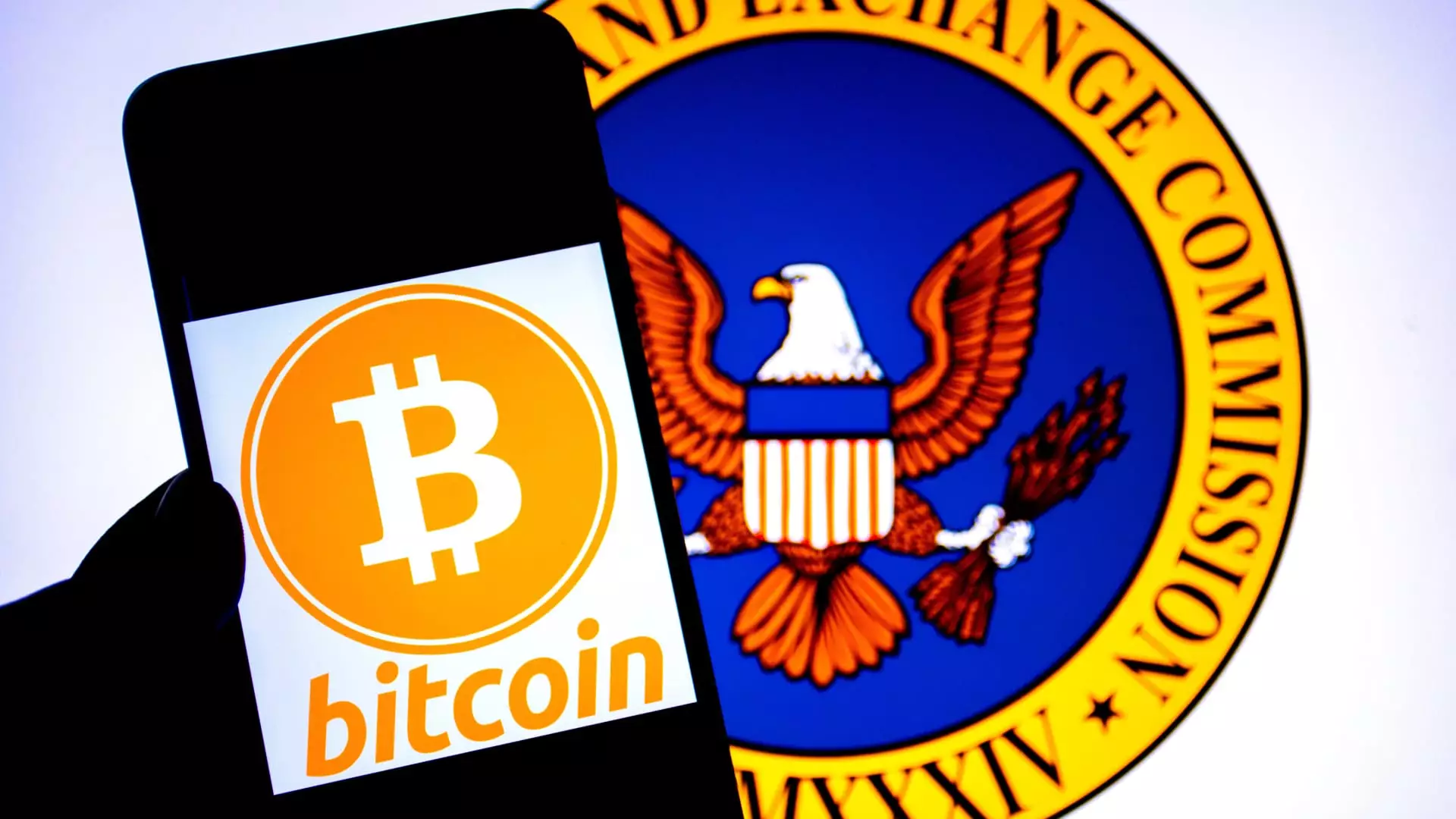In a significant turn of events for the cryptocurrency sector, the U.S. Securities and Exchange Commission (SEC) has officially revoked the stringent accounting rule known as Staff Accounting Bulletin 121 (SAB 121). This rule imposed burdensome liabilities on banks, effectively discouraging their participation in cryptocurrency markets. By lifting this constraint, the SEC is signaling a potential turning point in the regulatory environment surrounding digital assets. This shift comes after years of advocacy from industry stakeholders eager to see more favorable conditions for cryptocurrency investments within financial institutions.
Initially introduced in 2022, SAB 121 imposed rigorous capital requirements that classified digital assets, including Bitcoin, as liabilities on banks’ balance sheets. This classification heightened the financial and regulatory risks associated with digital asset custody services, making it economically unfeasible for many banks to engage in cryptocurrency transactions. As a result, Wall Street’s involvement in the crypto space was severely limited, curtailing banks’ ability to expand their offerings beyond derivatives and exchange-traded funds (ETFs) catered to wealth management.
The removal of this guidance aligns with a broader trend of regulatory realignment seen under the Trump administration, which aimed to foster a more welcoming environment for decentralized currencies. The increased push for deregulation reflected a growing recognition of the importance of integrating digital assets into the traditional financial ecosystem.
Bipartisan Support and Political Dynamics
The repeal of SAB 121 did not occur without political turbulence. Last year, a bipartisan effort in Congress sought to overturn the accounting measure; however, a veto from then-President Joe Biden preserved its existence, further stifling banks’ enthusiasm for crypto. This political back-and-forth encapsulates the broader challenges that financial institutions face in navigating an often unclear regulatory framework.
Following the SEC’s recent decision, Hester Peirce, a commissioner known for her progressive stance on crypto regulation, expressed her relief. Her appointment to lead a newly formed “crypto task force” exemplifies the SEC’s commitment to developing a more comprehensive framework for digital assets. Peirce’s optimistic outlook is shared by many in the industry who see this as an opportunity for revitalization after enduring years of restrictive policies.
Insights from Financial Leaders
The implications of the SEC’s decision are being closely scrutinized by influential figures in finance. At the World Economic Forum in Davos, leaders such as Goldman Sachs’ CEO David Solomon articulated that regulatory clarity is essential for banks to consider substantially investing in cryptocurrencies. Solomon indicated that a favorable regulatory climate could encourage a reevaluation of policies regarding Bitcoin ownership.
Furthermore, the sentiments echoed by other major banking executives, including those from Morgan Stanley and Bank of America, suggest that Trump’s pro-crypto stance could influence future banking strategies, potentially leading to expanded digital asset offerings.
The SEC’s revocation of SAB 121 marks a momentous shift in the regulatory approach towards cryptocurrencies in the U.S. As banks begin to explore the potential of integrating digital assets into their portfolios, the landscape is ripe for innovation. Moving forward, industry participants will watch closely as regulatory frameworks evolve, with the hope that increased participation by financial institutions will usher in a new era of growth and acceptance for cryptocurrencies in mainstream finance.

